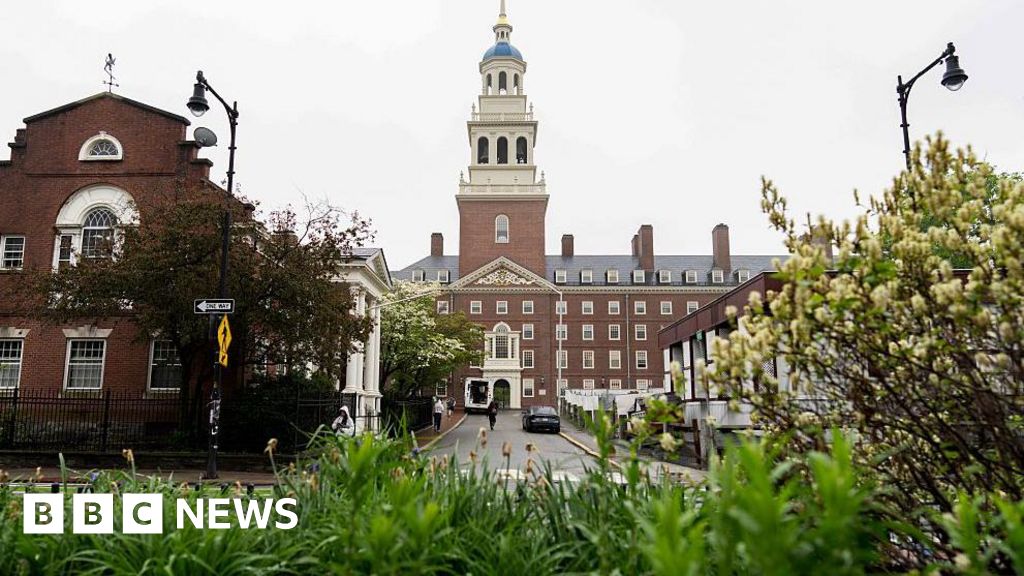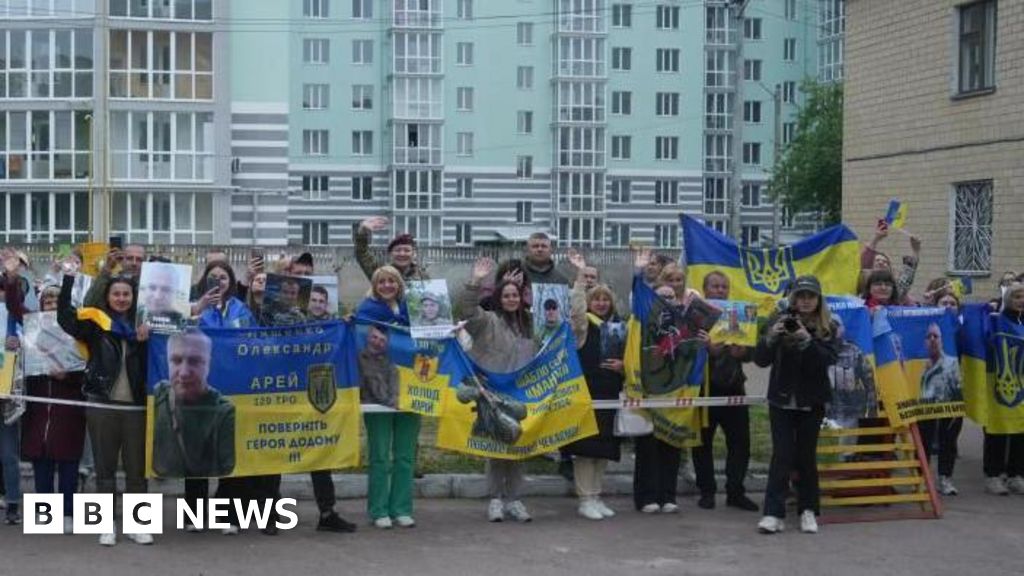ARTICLE AD BOX
By Alison Roberts
BBC News, Lisbon
Image source, Reuters
Image caption,Portugal's Prime Minister António Costa says he wants to "turn the page on the pandemic"
Portugal's outgoing Prime Minister António Costa began the campaign for Sunday's general election by promising to "turn the page on the pandemic" - an echo of how he claimed to have "turned the page on austerity" after first taking office in 2015.
He argued that to entrench economic recovery Portugal needs stability rather than upsets, exemplified by parliament's rejection of his government's 2022 budget, which triggered this snap election.
After the last election in 2019, and despite lacking a majority, Mr Costa - who is the leader of the Socialist Party (PS) - did not seek deals with other parties on the left of the kind that from 2015 assured him of a four-year term.
In its two years of existence, his new minority government had fraught relations with the Left Bloc (BE), the third largest party, but in November, the smaller Communist Party (PCP) also voted against the budget bill, citing a failure to invest in public services or combat labour market abuses.
With relations on the left in tatters, Mr Costa dismissed his erstwhile partners as "irresponsible" and eventually asked voters for "an absolute majority", despite this being seen as taboo, because the only PS leader to achieve one, José Sócrates, currently faces corruption charges (which he denies).
Before the official campaign began on 16 January, a majority seemed within reach, with voter surveys giving the PS a lead of up to 10 points over the centre-right Social Democratic Party (PSD) led by Rui Rio, a former mayor of Porto.
But the gap has narrowed: the latest major poll from Lisbon's Catholic University, released on Thursday night, shows the PS on 36% and PSD on 33%, and some others have even put the PSD ahead, following a series of lively televised debates and interviews.
The presence of the free-market Liberal Initiative (IL) as well as the conservative People's Party (CDS-PP) spiced up the debate on the economy, while animal rights party PAN and "red-green" Livre ("Free") sparked conversations with proposals for unconditional basic income.
As the PS stumbled, Mr Costa switched tack, declaring that he was, after all, open to deals.
Image source, EPA
Image caption,Chega ("Enough") is led by André Ventura and could emerge as third-strongest party in the election
Meanwhile, a fight is in prospect for third place between the Left Bloc and Chega ("Enough"), whose leader André Ventura - its sole member in the last parliament - grabs headlines by railing against corruption and the Roma community, and calling for chemical castration for sex offenders.
PSD leader Rui Rio - whose platform includes cuts in corporate tax - sees the Liberals and CDS-PP as potential coalition partners, but rules out deals with Chega, saying that Mr Ventura would have to decide whether to vote down a right-of-centre government, risking the left regaining power.
But some commentators doubt that Mr Rio's resolution will hold, given that who takes office will depend on not only which is the largest party, but whether the left or the right has more seats.
"Whoever comes first, Chega will be indispensable on the right for the formation of a government," said António Costa Pinto, a professor at Lisbon's Institute of Social Sciences.
He believes the PSD would do a deal with Chega "despite what it says" even if relations would be "complex".
One issue on which parties on the right agree is the need for private providers to have a greater role in reducing waiting lists in Portugal's National Health Service (SNS) in the wake of the pandemic, and for the long term. They want more such openings in education too.
Ricardo Baptista Leite, the PSD health spokesman and top candidate for Lisbon, estimates that more than two-thirds of Portugal's economy is state-controlled, fostering "clientelism" that holds it back.
"We need to generate wealth in order to redistribute it," he said, arguing that a vote for the PSD is one for "absolute uncertainty".
The Socialists are more cautious on free-market reforms, and any agreements it reaches with other left parties would be likely to block them, and instead contain measures to boost salaries.
There are areas of political consensus, such as on Portugal's commitment to renewable energy, which provides 58% of consumption needs, fourth in the EU.
But if Mr Costa tries to go it alone, or the right takes power, trade union leaders told the BBC they will respond to any attacks on workers' rights.
After the election, it will be up to Portugal's president, Marcelo Rebelo de Sousa, to decide who to ask to try to form a government. He is likely to turn first to the leader of the party with most seats.
You may also be interested in:
Rescuing the Afghanistan girls' football team, who found refuge in Portugal

 3 years ago
35
3 years ago
35








 English (US) ·
English (US) ·